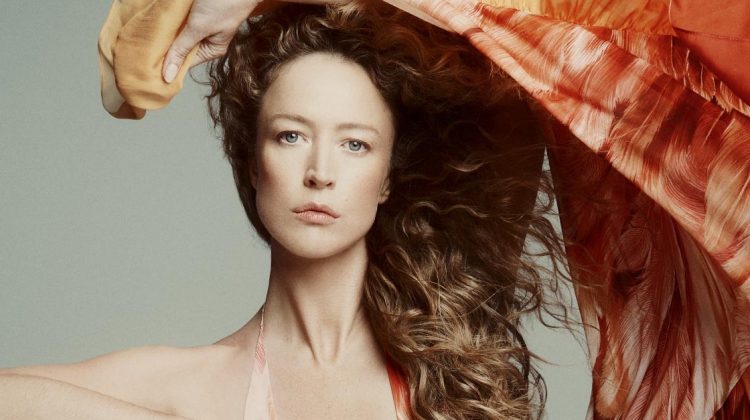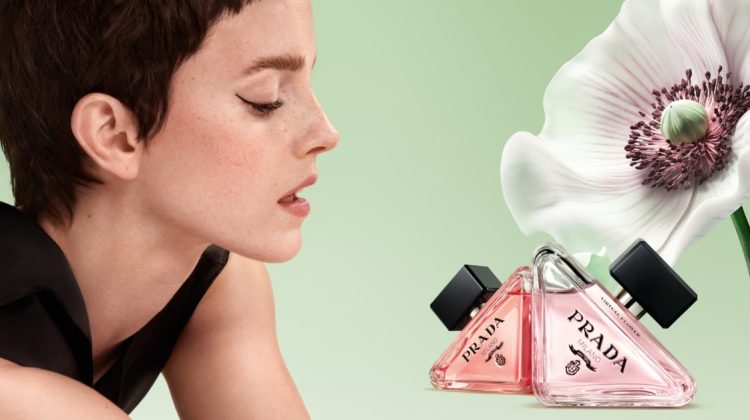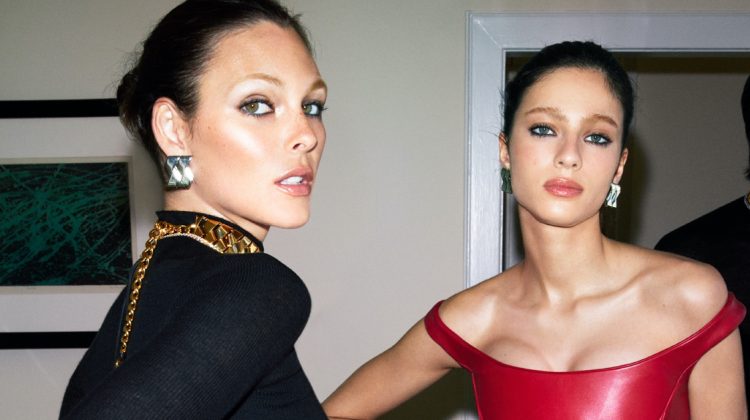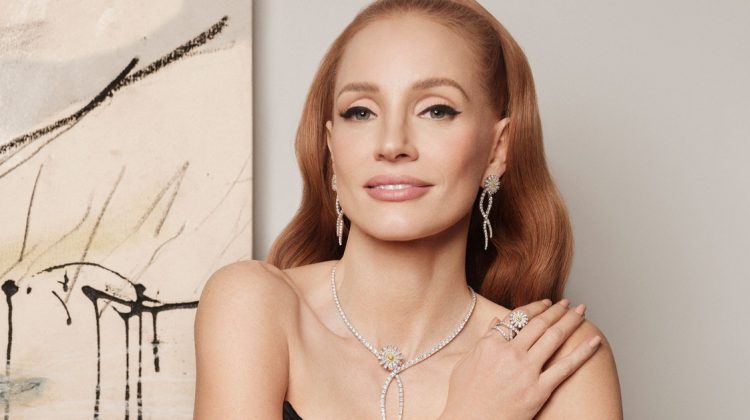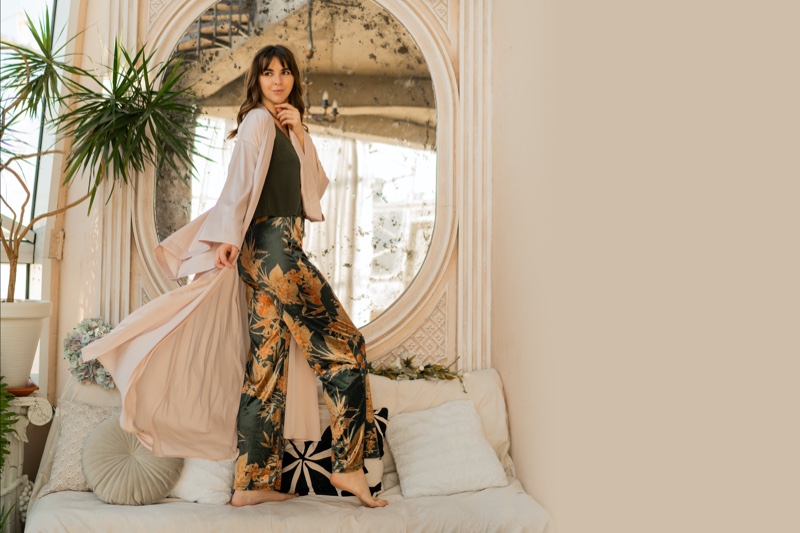
You’ve probably noticed that more and more fashion brands are touting themselves as ‘sustainable’ these days. But what does that really mean? Can you trust that the products you’re purchasing are genuinely eco-friendly, ethically made, and transparent in their practices?
Read on as we’ll delve into the world of sustainable fashion to help you decipher the genuine commitment from mere marketing rhetoric. We’ll explore the various aspects that make up truly sustainable fashion, from the use of environmentally friendly materials and practices to the ethical treatment of workers and communities involved in production.
We’ll also discuss the importance of transparency and accountability in supply chains and how to spot the warning signs of greenwashing. By the end, you’ll have a better understanding of what it means for a fashion brand to be sustainable and how to make more informed choices when shopping for your wardrobe.
Defining Sustainability in the Fashion Industry
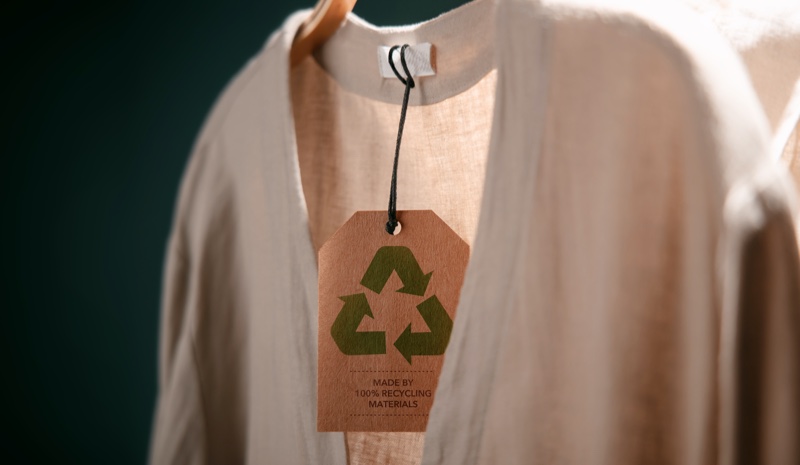
In the fashion world, defining ‘sustainability’ ain’t as simple as it seems, and diving deep into this concept reveals the complexities brands face in their pursuit of eco-friendly practices.
It encompasses a wide range of measures, from using ethically sourced materials and ensuring fair labor practices to minimizing waste and reducing carbon emissions.
As a consumer, it’s essential for you to understand the different aspects of sustainability, so you can make informed choices when shopping for your wardrobe.
To truly grasp what it means for a fashion brand to be sustainable, you need to consider the entire supply chain and product lifecycle. This includes the sourcing of raw materials, manufacturing processes, transportation, and even how the garments are disposed of after they’ve been worn.
A genuinely sustainable brand will take responsibility for each of these stages and work towards reducing their environmental impact while prioritizing the well-being of their workers and their communities.
So, when a fashion brand calls themselves ‘sustainable,’ take a closer look and ask yourself if they’re addressing all these aspects or just scratching the surface. You could start your journey by examining sustainable shoe brands first.
Environmental Practices & Eco-Friendly Materials
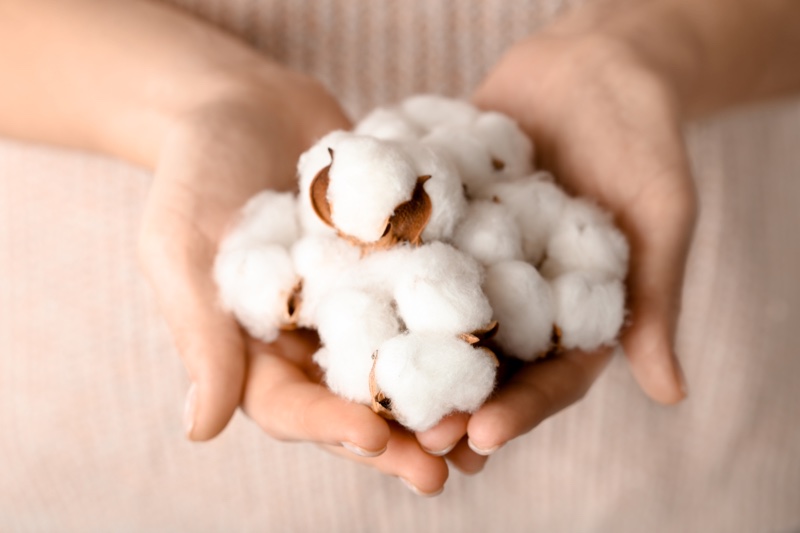
When it comes to environmental practices and eco-friendly materials, you’ll find that many companies are stepping up their game, making fashion more enjoyable and relatable for eco-conscious consumers. They’re focusing on reducing waste, emissions, and water usage while promoting ethical and sustainable practices throughout their supply chain.
One of the ways that they’re achieving this is by using eco-friendly materials and implementing sustainable practices such as:
Organic cotton: This type of cotton is grown without harmful pesticides, synthetic fertilizers, and genetically modified seeds, making it a more environmentally friendly option.
Recycled materials: Many brands are utilizing recycled materials like polyester, nylon, and even plastic bottles to create new clothes, reducing waste and the need for virgin materials.
Eco-friendly dyes: Some fashion brands are using dyes that are free of toxic chemicals and have less of an impact on the environment.
Water reduction: Brands are focusing on reducing their water usage throughout the production process by investing in water-efficient technologies and recycling water.
Zero-waste initiatives: Some companies aim to achieve zero waste in their production process by recycling and repurposing leftover materials and encouraging consumers to recycle their used clothes.
By adopting these eco-friendly practices and materials, fashion brands are showing that they’re committed to sustainability and positively impacting the environment. So, when you shop for sustainable fashion, you’re not only investing in clothes that look good but also in a better future for our planet.
Social & Ethical Considerations

Beyond just eco-friendly materials, it’s also essential to consider social and ethical aspects of sustainability in the fashion industry. This includes fair labor practices, safe working conditions, and fair wages for workers throughout the supply chain. For a fashion brand to call itself truly sustainable, it must also address issues such as child labor, forced labor, and exploitation of workers.
Additionally, sustainable fashion brands should promote inclusivity, diversity, and equal opportunities for all, regardless of race, gender, or socioeconomic background. When you’re shopping for sustainable fashion, look for brands that are transparent about their manufacturing processes and labor practices.
This might involve checking for certifications or third-party audits, such as Fair Trade Certification, B Corp Certification, or the Global Organic Textile Standard (GOTS).
By supporting brands that prioritize social and ethical considerations, you’re investing in eco-friendly products and contributing to a more just and equitable fashion industry. So, when a brand claims to be sustainable, make sure they’re taking into account the well-being of the people behind the clothes, as well as the environment.
Transparency & Accountability in Supply Chains
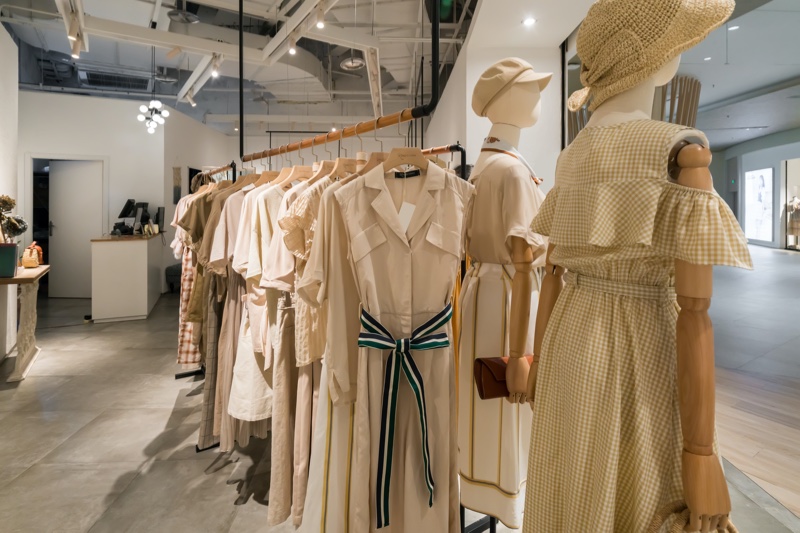
Peeling back the layers of a garment’s journey reveals the importance of transparency and accountability in supply chains. It’s crucial for fashion companies to not only talk the talk but also walk the walk.
To be truly sustainable, brands need to be open about where their materials come from, how their products are made, and the working conditions of the people involved in the process.
This means sharing information about the factories they work with, their wages, and their manufacturing processes’ environmental impact. By being transparent about their supply chains, brands can show that they’re committed to responsible practices and can be held accountable by consumers and watchdog organizations.
However, transparency and accountability take time to happen. It takes time and effort for brands to establish traceable and ethical supply chains, often requiring them to work closely with suppliers, manufacturers, and even local governments.
As a consumer, you can play a crucial role in encouraging this change by supporting brands that prioritize transparency and holding others accountable for their actions. Look for certifications, and don’t hesitate to ask questions about a brand’s practices.
By voting with your wallet, you send a powerful message that sustainability and ethical practices are non-negotiable in the fashion industry.
Final Words
So, when you’re looking for genuinely sustainable fashion brands in the industry, don’t just take their word for it.
Dig deeper into their environmental practices, ethical considerations, and supply chain transparency to ensure they’re committed to making a positive impact.
Stay away from greenwashing tactics, and remember that supporting truly sustainable brands is not only good for the environment but also for the people involved in making your clothes.
